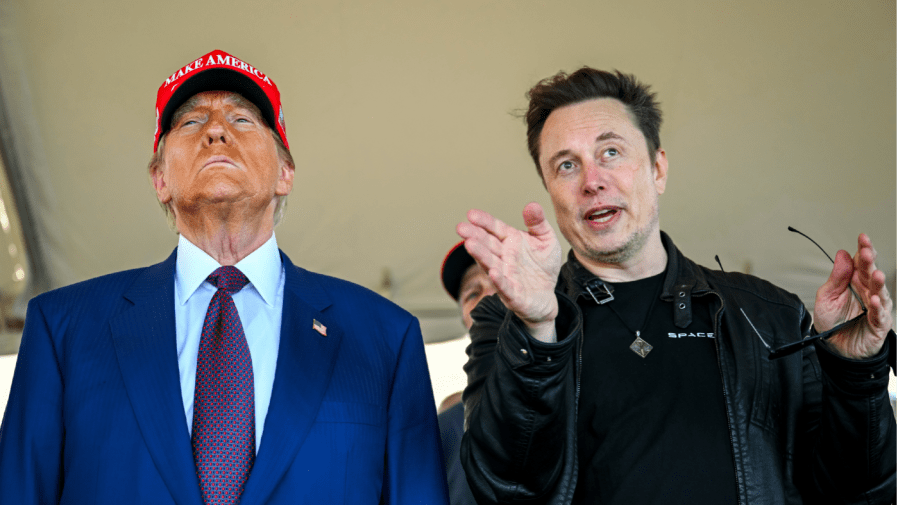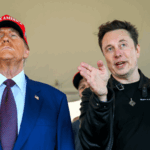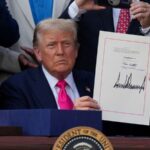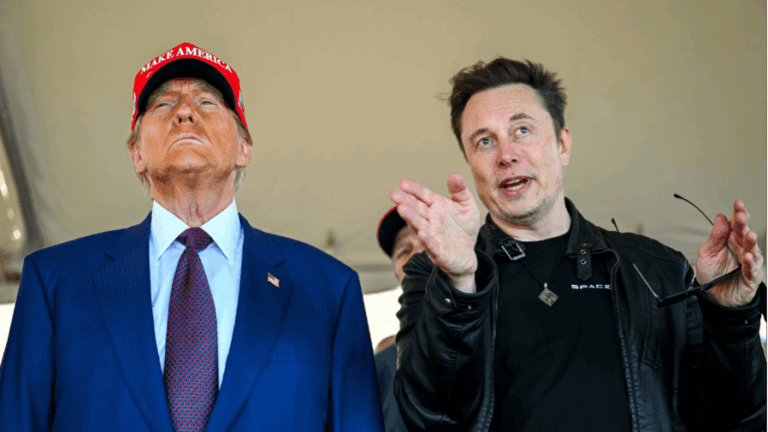Tech mogul Elon Musk has once again stirred the political pot, this time by proposing the formation of a third political party. On Friday, Musk took to social platform X to gauge public interest through an Independence Day poll, coinciding with President Trump’s signing of a contentious spending and tax bill. The timing of Musk’s poll is seen as a direct challenge to the current political establishment.
The poll, launched just hours before the bill’s enactment, asked Musk’s followers whether they supported the creation of a new political entity. This move comes amid Musk’s escalating feud with President Trump over what the latter has described as a “big, beautiful” reconciliation package. The bill, which encompasses significant changes to both spending and taxation, has been a flashpoint in American politics, drawing criticism and praise from various quarters.
Musk’s Political Ambitions
Elon Musk’s foray into the political arena is not entirely unexpected. The billionaire entrepreneur has long been vocal about his dissatisfaction with the current two-party system in the United States. His latest poll is a continuation of his efforts to disrupt traditional political structures, much like he has done in the automotive and space industries.
Musk’s proposal for a third party taps into a growing sentiment among Americans who feel disillusioned with the existing political landscape. According to a recent Gallup poll, 62% of Americans believe a third major party is needed because the Republican and Democratic parties do a poor job of representing the interests of the people.
Historical Context and Expert Opinions
The concept of a third party is not new in American politics. Historically, third parties have struggled to gain a foothold in the U.S. political system, which is heavily dominated by the two major parties. However, experts suggest that the current political climate might be ripe for change.
Dr. Linda Thompson, a political science professor at Georgetown University, notes, “The increasing polarization and dissatisfaction with the status quo could provide fertile ground for a third party. However, the challenges are immense, from gaining ballot access to securing funding.”
Meanwhile, some political analysts argue that Musk’s influence and resources could give a potential third party a significant boost. His ability to mobilize public opinion through social media platforms and his substantial financial backing could help overcome some of the traditional barriers faced by third-party movements.
Implications for the Political Landscape
The implications of Musk’s proposal are far-reaching. Should he succeed in establishing a viable third party, it could fundamentally alter the dynamics of American politics. A third party could attract voters from both major parties, potentially reshaping future elections.
However, skeptics caution that Musk’s venture into politics might be more about making a statement than achieving tangible results. Political strategist Mark Reynolds comments, “Musk is a disruptor by nature. His proposal might be more about challenging the status quo and sparking debate rather than a genuine attempt to create a lasting political entity.”
As the debate unfolds, the question remains whether Musk’s third-party proposal will gain traction or fade into the annals of political experimentation. What is certain is that Musk’s involvement has already sparked discussions about the need for political reform and the potential for new voices in the American political discourse.
As the nation watches closely, the next steps for Musk and his supporters will be critical. Whether this movement gains momentum or stalls will depend on the public’s response and the strategic decisions made in the coming months.

























